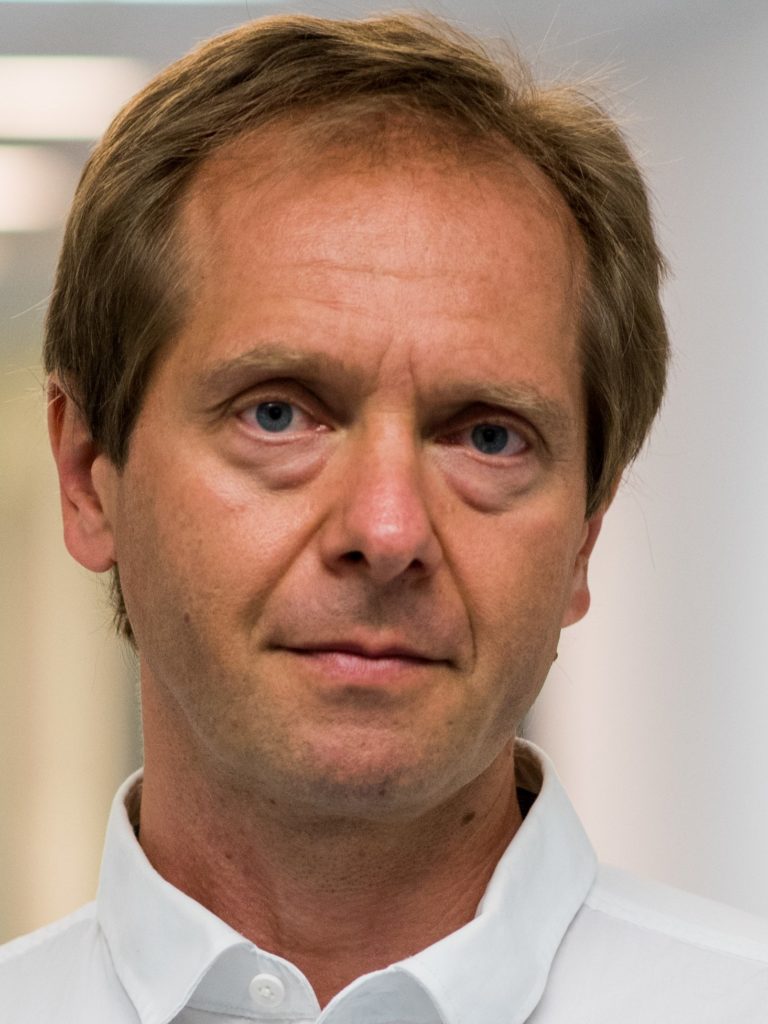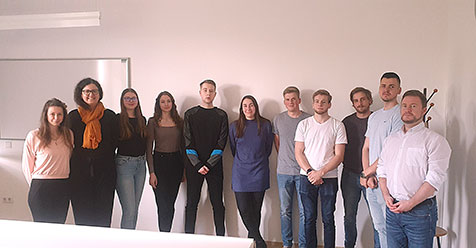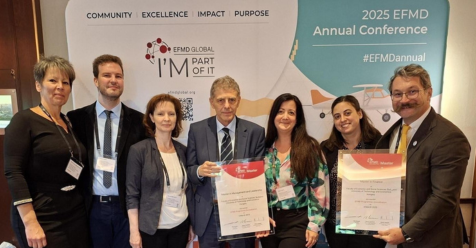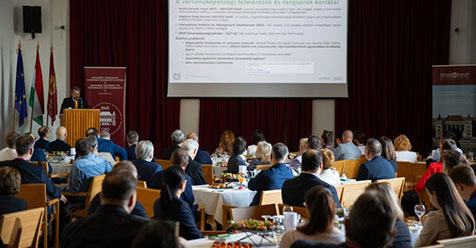BME participates in EU-funded PANORAIMA project to enhance Master’s programs with AI Integration
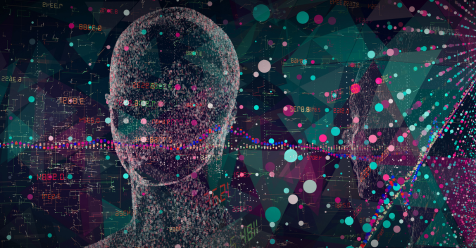
The Budapest University of Technology and Economics (BME) is pleased to announce its participation in the Pan-European Network for Responsible Artificial Intelligence Multisector Masters (PANORAIMA) project, funded by the European Union’s DIGITAL-SKILLS-5 call, aimed at enriching Master’s program curricula by incorporating professional applications of artificial intelligence for non-ICT students.
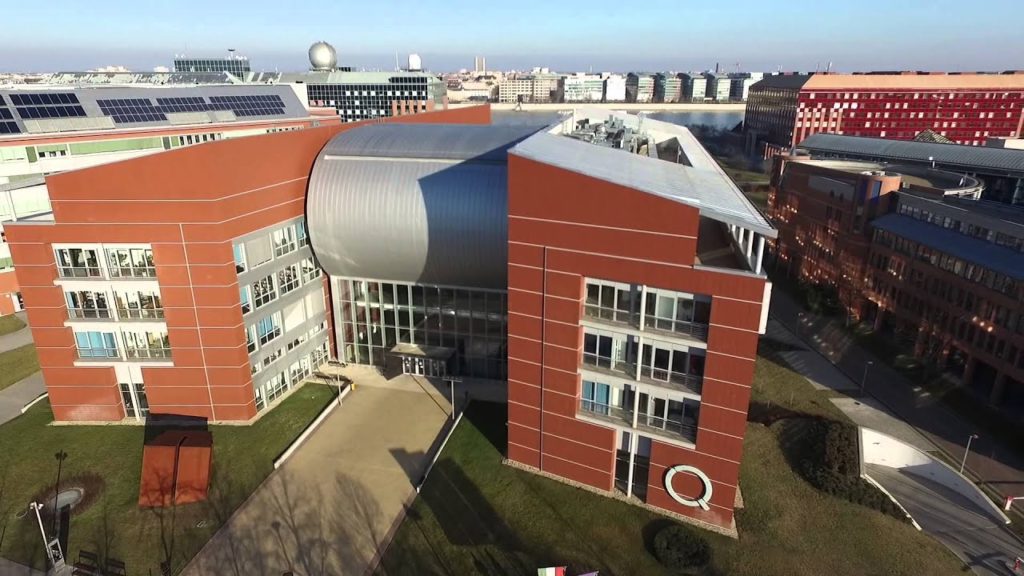
The consortium is led by Stichting Hogeschool Utrecht and includes 16 organizations including universities such as TU Dublin, University of Naples Federico II, Sofia University, Igor Sikorsky Kyiv Polytechnic Institute, Hamburg University of Applied Sciences, and the University of West Attica. Collaborating closely with companies from the industry, the project seeks to align academic offerings with the evolving market needs in the field of AI.
Building upon the success of the recently concluded Human-Centred AI Master’s (HCAIM) project—which focused on ICT students—PANORAIMA aims to extend AI education to professionals outside the traditional ICT domain. At BME, the work, running between 2025-2029 will be carried out in collaboration by the Faculty of Electrical Engineering and Informatics and the Faculty of Economic and Social Sciences.
The consortium targets four key professional areas:
- Biomedical Engineering Professionals
- AI Audit and Compliance Professionals
- Communications Professionals
- Finance Professionals
By integrating AI competencies into these disciplines, the consortium endeavours to equip graduates with the necessary skills to excel in an increasingly AI-driven landscape. Industry partners will provide critical insights to ensure that the updated curricula meet current and future market demands. BME has plans to deliver the content of the programmes in both full-time masters and vocational training formats.
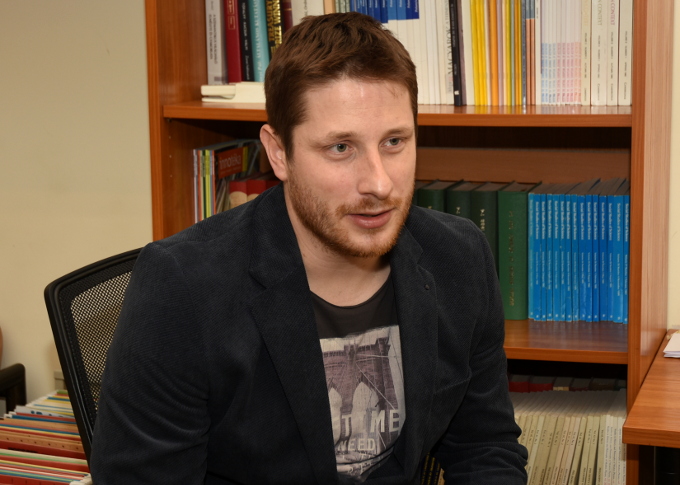
“Participating in the PANORA(I)MA project offers a significant opportunity for BME to enhance our Master’s programs in a way that is aligned with the highest ethical and legal standards,” said Mihály Héder, Head of Department of Philosophy and History of Science at BME. “AI has become an essential technology for a wide range of non-ICT users, making advanced AI knowledge crucial in modern society. However, AI has also become a societal force, meaning its development relies not only on AI professionals but equally on non-ICT users who help shape its future applications.. This project perfectly aligns with that dual mission” pledged Péter Antal, head of the AI group at the Department of Artificial Intelligence and Systems Engineering.
